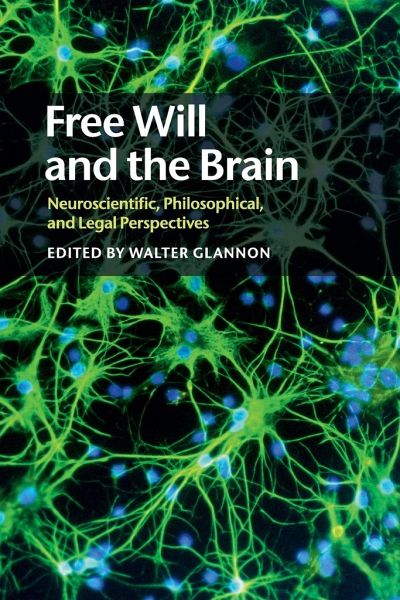
Free Will and the Brain
Versandkostenfrei!
Versandfertig in 1-2 Wochen
43,99 €
inkl. MwSt.

PAYBACK Punkte
22 °P sammeln!
Examines how neuroscience can inform the concept of free will and associated practices of moral and criminal responsibility.




